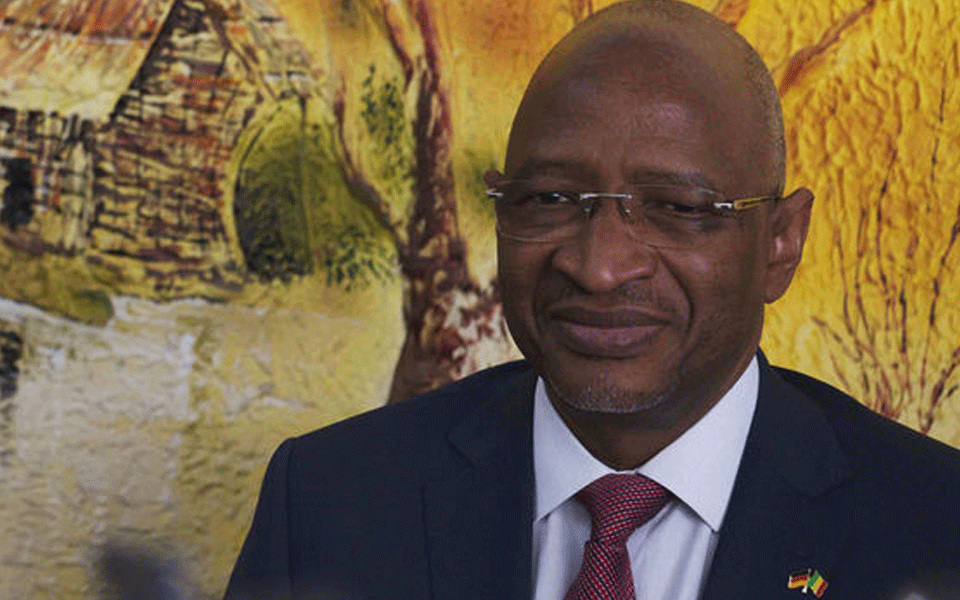Bamako: Mali's prime minister resigned along with his entire government on Thursday following criticism over their handling of an upsurge of violence in the centre of the country and a massacre last month that left 160 people dead.
A statement from President Ibrahim Boubacar Keita's office said he had accepted Soumeylou Boubeye Maiga's resignation, along with those of his ministers, two weeks after mass protests erupted over the rising tide of violence.
Lawmakers from both ruling and opposition parties had submitted a motion of no confidence against the government on Wednesday, blaming Maiga and his administration for failing to clamp down on the unrest.
"A prime minister will be named very soon and a new government will be put in place after consultations with all political forces" from both the ruling and opposition sides, the statement from Keita's office said. The president had on Tuesday said in a televised address that he had "heard the anger", without explicitly naming the prime minister.
The government had come under mounting pressure over its handling of violence in the restive Mopti region and especially a massacre on March 23 in which 160 people were killed in the village of Ogossagou near the border with Burkina Faso.
Members of the Dogon ethnic group -- a hunting and farming community with a long history of tension with the nomadic Fulani people over access to land -- were accused of being behind the mass killing.
Tens of thousands of people took to the streets of Bamako on April 5 to protest against the upsurge of violence, accusing the government of not doing enough to stop it. The protest was called by Muslim religious leaders, organisations representing the Fulani herding community, opposition parties and civil society groups.
Mali has been struggling to restore stability since Islamist extremists linked to Al-Qaeda took control of the country's vast desert north in early 2012. While the jihadists were largely driven out in a French-led military operation that began in January 2013, huge areas are still in the grip of lawlessness, despite a 2015 peace agreement with some armed groups that sought to definitively stamp out the Islamist threat.
Since then, militants have shifted from the north towards the more densely populated centre of the country, where they have sharpened ancient rivalries and ethnic conflicts that date back years. Jihadist attacks have also spread to Burkina Faso, Chad and Niger, forcing tens of thousands of people from their homes.
Let the Truth be known. If you read VB and like VB, please be a VB Supporter and Help us deliver the Truth to one and all.
Dubai: Smoke was seen rising from an area near the United States Consulate in Dubai, according to witness accounts cited by Reuters.
There was no immediate official confirmation on the extent of damage or whether there were any casualties in the incident.
Earlier, the US embassy in Riyadh, Saudi Arabia’s capital, was also attacked. Authorities reported damage to the premises, but no casualties were recorded.
The developments come amid heightened tensions in the region, with Iran continuing to target US interests in the Middle East following deadly attacks launched on Saturday by Israel and the United States.
Near US embassy in Dubai pic.twitter.com/z5VTZNVxNO
— Sahil Shah (@thesahilsshah) March 3, 2026





